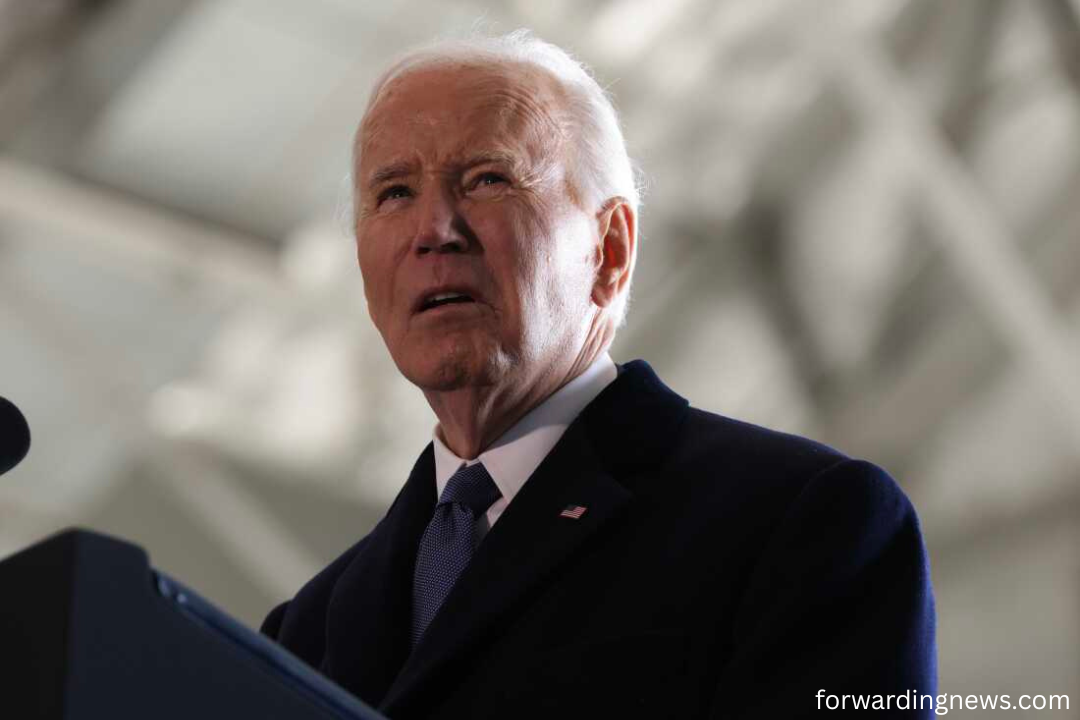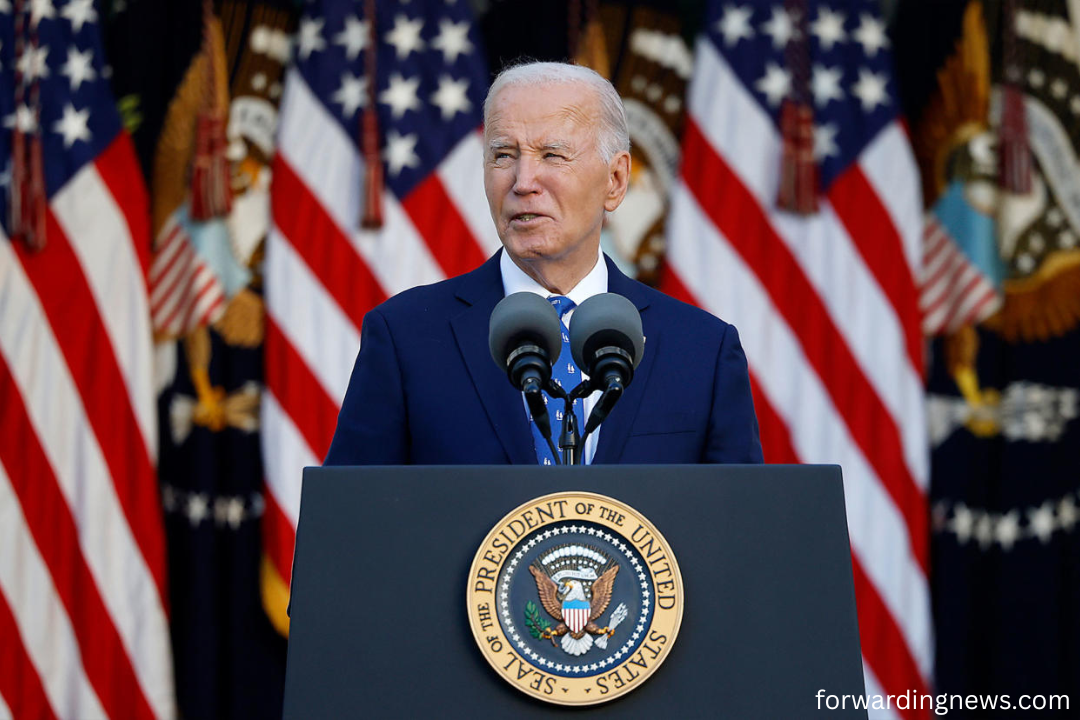Joe Biden, the 46th President of the United States, has been diagnosed with an aggressive form of prostate cancer. This revelation has not only raised questions about his health but also sparked discussions around leadership continuity and the upcoming 2024 presidential election. With Joe Biden being the oldest sitting President in American history, his medical condition is under intense public and media scrutiny. The diagnosis was confirmed through an official White House statement and medical reports released by the President’s physician. The report indicates that Joe Biden is undergoing treatment and remains “in high spirits,” with a medical team closely monitoring his condition.
Prostate Cancer – An Overview
Prostate cancer is one of the most common forms of cancer among men. It typically develops slowly but can become aggressive in some cases, as seen in Joe Biden’s diagnosis. The disease begins in the prostate gland, which is responsible for producing seminal fluid. When aggressive, it can spread rapidly to other parts of the body, requiring prompt and targeted treatment.
Doctors revealed that Joe Biden is being treated with a combination of therapies tailored to aggressive forms of the disease. These include hormone therapy, advanced imaging, and possibly radiation, depending on the cancer’s progression. His medical team is optimistic about the outcome, given early detection and access to top-tier medical care.
Political Implications of Joe Biden’s Health
The timing of this diagnosis could have wide-reaching political ramifications. Joe Biden has already declared his intention to run for re-election in 2024. However, questions about his physical stamina and ability to handle the pressures of the presidency are being reignited by the news of his cancer diagnosis.
Opposition figures and political analysts are watching closely, as this development might influence voter perception. While supporters remain hopeful and have lauded Joe Biden for his transparency, critics are questioning whether he can sustain the demands of another presidential term.
White House Response and Public Communication
The Biden administration has taken steps to address concerns by being transparent about the diagnosis. The President’s physician released a full report detailing the nature of the cancer and outlining a treatment plan. Joe Biden has also made public appearances, attempting to reassure the nation that he remains fit to lead.
The White House emphasized that Joe Biden is continuing with his duties and has not delegated presidential responsibilities. Aides close to the President have confirmed that his daily schedule remains essentially unchanged, although provisions are in place for rest and medical appointments.
Joe Biden’s Medical History and Age Factor
At 81 years old, Joe Biden has long faced questions about his age and health. Over the years, he has dealt with several medical issues, including brain aneurysms in the late 1980s and regular orthopedic concerns. Nevertheless, Joe Biden has consistently passed medical evaluations with relatively clean bills of health—until now.
This diagnosis adds a significant chapter to Joe Biden’s health profile. Given his age, treatment will need to be carefully managed to avoid complications. Medical experts have indicated that older patients can respond well to cancer treatments, especially if the disease is caught early and treated aggressively.
Support from Political Allies and the Public
Following the announcement, Joe Biden has received an outpouring of support from political allies, both domestic and international. Vice President Kamala Harris issued a statement wishing him a speedy recovery, emphasizing the administration’s unity and commitment to its agenda.
Members of Congress from both parties have also expressed concern and well-wishes, demonstrating a rare moment of bipartisan support. On social media, thousands of Americans have voiced solidarity with Joe Biden, praising his transparency and resilience in the face of adversity.
Cancer Awareness and Leadership Transparency
Joe Biden’s diagnosis has also sparked renewed attention toward prostate cancer awareness. Health experts are using the opportunity to encourage men over 50 to undergo regular screenings. Prostate cancer, when caught early, has a high survival rate—something that doctors hope will apply in Joe Biden’s case.
The incident has also highlighted the importance of transparency in leadership. Americans expect openness when it comes to the health of their elected officials, especially the President. In this regard, Joe Biden’s forthright communication has been viewed positively, contrasting with more secretive disclosures from past administrations.
How Joe Biden’s Condition Could Impact His Presidency

Health challenges often bring uncertainty to leadership. For Joe Biden, managing a serious illness while leading a nation could present logistical and emotional hurdles. However, the U.S. presidency is supported by a strong system of delegation and succession.
If needed, temporary power transfer to the Vice President could be an option, as has happened in past administrations. For now, Joe Biden continues to operate as Commander-in-Chief, but contingency planning is likely underway in case his condition demands more intensive treatment or recovery time.
Historical Precedents and Comparisons
Joe Biden is not the first U.S. President to face a cancer diagnosis while in office. Ronald Reagan, for instance, had surgery for colon cancer during his presidency, and the nation managed without disruption. Similarly, John F. Kennedy faced multiple health challenges during his term.
In each case, how the situation was handled—both medically and publicly—had a lasting impact on presidential legacy. For Joe Biden, how he navigates this personal health battle may shape how his leadership is remembered.
Preparing for 2024 Amid Health Concerns
As campaign season nears, Joe Biden’s diagnosis could reshape election dynamics. His health may become a central issue in debates and public discourse. While no official change in campaign plans has been announced, aides will likely reassess strategies and engagement schedules based on the President’s health status.
Political commentators suggest that Joe Biden’s ability to project strength and resilience during treatment will be critical in maintaining voter confidence. Transparency, consistent communication, and continued public engagement will be key to his campaign’s success.
Frequently Asked Questions (FAQ’s)
What type of cancer does Joe Biden have?
Joe Biden has been diagnosed with an aggressive form of prostate cancer, requiring immediate and targeted treatment.
How will Joe Biden’s health affect his presidency?
Currently, Joe Biden continues his presidential duties, but medical treatment may require adjustments to his schedule or delegation of responsibilities.
Has Joe Biden had other health issues?
Yes, Joe Biden has experienced medical issues in the past, including brain aneurysms, but has primarily maintained good health in recent years.
Will Joe Biden still run in the 2024 election?
As of now, Joe Biden remains a declared candidate for the 2024 election and has not indicated any change in plans.
What treatment is Joe Biden receiving?
Joe Biden is undergoing a combination of hormone therapy and possible radiation, guided by a team of specialists.
How are other political leaders responding?
Political allies and opponents alike have offered support, wishing Joe Biden a full recovery and praising his openness.
How common is prostate cancer in older men?
Prostate cancer is one of the most common cancers in men over 50, and early detection significantly improves outcomes.
Why is Joe Biden’s diagnosis significant?
As the sitting U.S. President and a candidate for re-election, Joe Biden’s health condition carries implications for national leadership and political strategy.
Conclusion
Joe Biden’s diagnosis of aggressive prostate cancer marks a pivotal moment in his presidency and re-election campaign. The President’s health has always been a topic of national interest, and this latest development intensifies the spotlight. While the prognosis remains cautiously optimistic, the nation is watching closely as Joe Biden balances treatment with the demands of office. His ability to lead through adversity could define his legacy and influence the political future of the United States.

